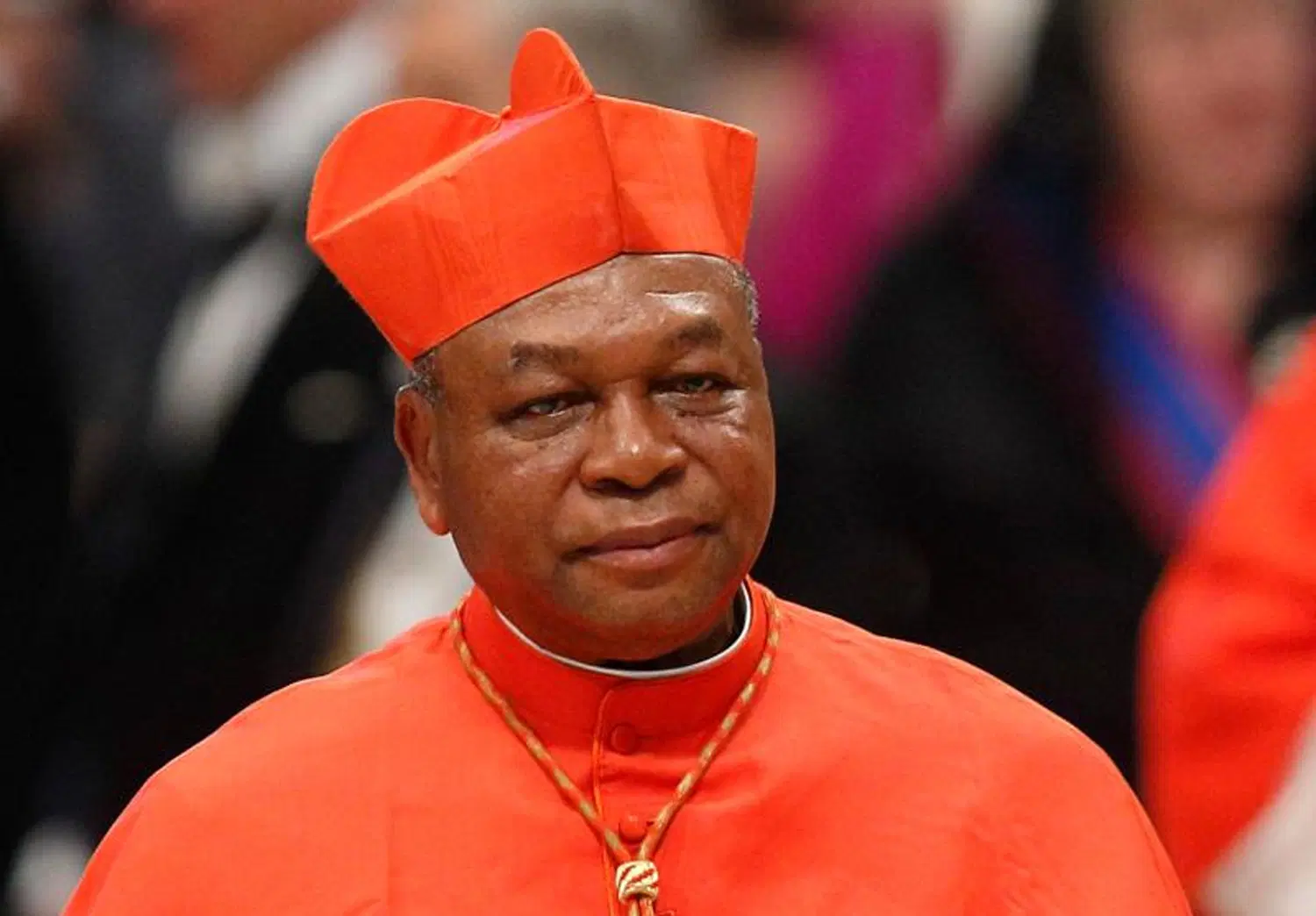
President of the Association of Nigerian Universities Professional Administrators (ANUPA) Dr. Victor M BEM
President of the Association of Nigerian Universities Professional Administrators (ANUPA) Dr. Victor M BEM, has in conjunction with the national executive committee diligently shaped ANUPA’s strategies and fostered growth within the organization since November 26, 2021 when he was elected National President. He shared Exclusive Insights with CEOAfRICA on the organization's achievements and future plans. Here is an overview of the interview.
Can you share with us the key plans that ANUPA has set for the year 2024?
We strategically wish to reposition ANUPA on all fronts. We intend to make ANUPA a global and economically viable professional body in 2024, through high-level collaborations and high-impact trainings.
How does ANUPA envision contributing towards the advancement and development of Nigerian Universities in 2024?
The main objective of establishing universities is to achieve academic excellence through teaching and research to enhance general development of the sociiety . ANUPA thus is the panacea for the achievement of academic excellence and further development of universities to world-class standards. We envision repositioning ANUPA to ensure better administration and higher academic excellence.
What are the specific initiatives or projects ANUPA aims to undertake to achieve its goals for 2024?
We are working to ensure we become chartered this year. Similarly, with the hope for an enhanced income, we intend to put in place necessary infrastructure in order to start using our secretariat soon.
In terms of successes and achievements, can you highlight some significant accomplishments of ANUPA under your able leadership?
i. We have broken the jinx on ANUPA chater Bill by gazetting the ANUPA Bill and facilitating its passage at first reading.
ii. We have also undertaken 3 training programs and 2 AGMs in the face of serious economic challenges
iii. continued development on the secretariat project.
iv. Additionally, we inaugurated at least 8 new branches and inducted not less than 350 new members across Nigerian Universities.
What were the major challenges ANUPA faced in the past year?
Mainly, dwindling resources and income have slowed down our progress. Insecurity in the country has also affected our activities.
How did the organization address and overcome those challenges?
Strict financial discipline and membership drive facilitated progress made, as the monies realized no matter how small have been applied to our top-priority projects - the ANUPA Charter Bill and the secretariat project and of course trainings
Can you discuss any collaborations or partnerships that ANUPA engaged in over the last year to further its goals?
Collaborations with major stakeholders in the university system such as NUC, ARNU, CVNU, etc., gave us an edge over our challenges. The hosting of the 2023 AGM at NUC is a testimony of our collaborative efforts. We also worked as team with our official media partner CEO Africa to ensure success of our training programs conducted virtually & physically
Are there plans for expanding such collaborations or establishing new partnerships in 2024?
Definitely, the organization is poised to strengthening and broadening existing collaborations as well as fostering new ones particularly with sister professional bodies. By strengthening partnerships, ANUPA aims to create greater opportunities for its members and enhance its influence within the professional community.
How did ANUPA ensure the engagement and involvement of members in shaping and implementing the organization’s agenda in the previous year?
Under my leadership, ANUPA has adopted an open-door policy and democratic approach, fostering inclusiveness and a greater sense of belonging among its members, thus ensuring that they actively contribute to the organization's decision-making processes.
Can you share specifically initiatives by ANUPA to promote professional growth and development among university administrators in Nigeria?
Notably, I spearheaded the evolution of multi-tasking branches on training-persuading branches to adopt the culture of stepped-down trainings, i n addition to their inhouse trainings Through the step down trainings, administrators attending national trainings disseminate their knowledge to a wider audience, thus enhancing professional skill acquisition across the network.
Has ANUPA implemented any measures to addressing changing needs and demands of university administrators in the digital age?
Yes! ANUPA has deliberately integrated topical ICT themes into its training programs, equipping administrators with the skills necessary to adapt to modern technological advancements. Additionally, I personally advocate for the digitization of university registries during campus visits, recognizing the significance of technology in enhancing administrative processes.
Can you elaborate on ANUPA’s stand on advocating for the welfare and rights of professional administrators in Nigeria universities?
I acknowledged the organization's limited capacity in this area. However, there is ongoing efforts to implement a health insurance scheme for national council members, with plans to extend this benefit to members across various branches.
What step does ANUPA plan to take to ensure the sustainability and long-term impact of the organization’s efforts in the coming years?
I am confident that once we charter and completes our secretariat, ANUPA will not only move to its zenith but will work better. Thank you.
Dr. Victor M BEM's visionary leadership and strategic insights provided an invaluable perspective on ANUPA's future direction and reaffirmed the organization's commitment to growth, collaboration, and members empowerment. This interview presented a comprehensive vision of ANUPA's unwavering dedication to its membership and the enhancement of professional standards within Nigerian universities.





















